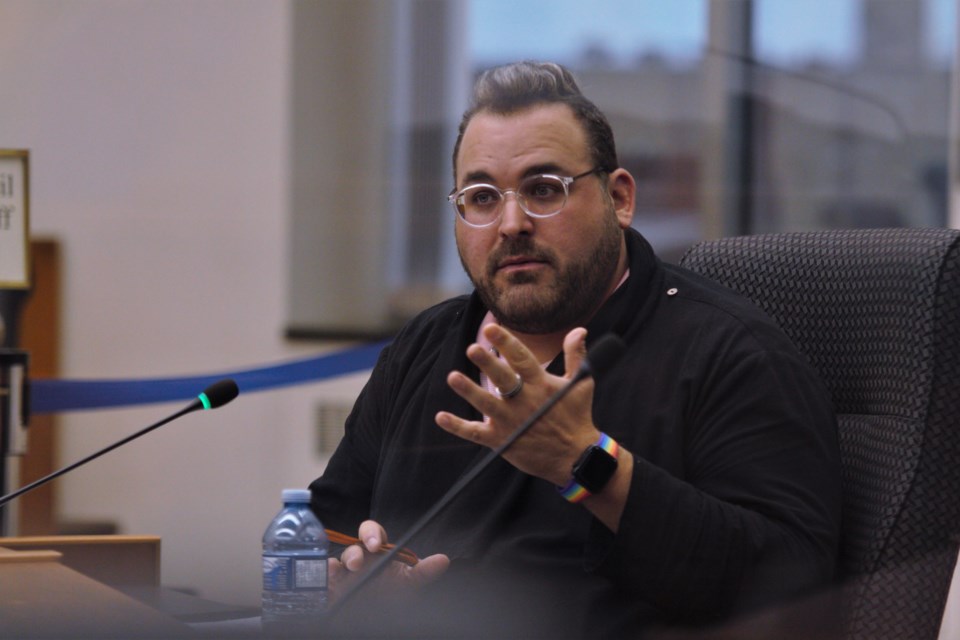THUNDER BAY – The City of Thunder Bay will review its policies in an effort to ensure groups and speakers seen to promote hate cannot use city spaces to promote their message.
The move came out of the city’s efforts to discourage so-called conversion therapy, after council unanimously passed a resolution last year condemning the practice, denouncing it as harmful, unscientific, and unethical.
The resolution also tasked city staff with exploring how city policies could help prevent the practice.
Since that time, the federal government passed Bill C-4, making it a criminal offence to cause someone to undergo conversion therapy, to promote it or profit from providing it, and to remove a minor from Canada to subject them to conversion therapy abroad.
In a report presented to council this week, city staff recommended the city didn’t need to take further action, saying the new legislation offers among the toughest protections in the world against conversion therapy.
“Federal legislation now criminalizes the practice of conversion therapy in Canada, which includes extensive prohibitions and penalties that extends beyond that which a municipality could impose,” the report stated. “Any proposed municipal bylaw aimed at prohibiting conversion therapy would likely be found to be ultra vires or beyond the municipality’s authority or power.”
Responding to an appeal from LGBTQ advocacy group Rainbow Collective of Thunder Bay, however, councillors voted to explore whether the city needs additional policies to ensure groups like those promoting conversion therapy can’t make use of city spaces.
Council unanimously passed a motion from Coun. Shelby Ch’ng requesting a report on the issue by Sept. 12.
“I certainly don’t want us to [find ourselves] in a position where we [are] accidentally complicit with this type of activity because our policy isn’t strong enough to say no to these types of organizations,” she said.
Passing municipal restrictions would “send a strong signal to the community that the city wants to keep them safe and protect them from these horrible atrocities,” argued Rainbow Collective president Jason Veltri.
He envisions the city requiring information about the purpose of events held in city spaces and the topics that will be addressed in talks.
“For example, if an anti-trans speaker came to Thunder Bay and booked the Thunder Bay Public Library, I would be questioning how that was allowed and how [they] could come to Thunder Bay and book a city facility,” he said. “That’s what I think this policy has to look at – it’s not just about the rental of space, it’s about who is being allowed to rent that space, and for what purpose.”
Veltri couldn’t cite a local example in which the policy would have been useful, but pointed to similar situations in other communities.
“It just sets a precedent, and it’s a deterrent to someone who is considering coming to Thunder Bay to advertise or conduct conversion practices, or speak on anti-trans or anti-LGBT topics,” he said.
City staff said there was likely room to tighten current policies, but that enforcement could be difficult.
“The challenge is, it’s not always evident on the face of our booking processes that a particular group has an affiliation, let’s say in this example, towards supporting or condoning conversion therapy,” said general manager of community services Kelly Robertson. “Unless it’s very direct and open, that can be a challenge for us, trying to understand what that organization’s beliefs are and what they do.”
Mayor Bill Mauro said it was unclear exactly what the city could do to improve its policies, but welcomed the report.
“It will be broad in scope – it won’t just be about not renting to those promoting or practicing conversion therapy, but to all sorts of organizations we might see fit to not want to be seen to be using our public facilities,” he said.



